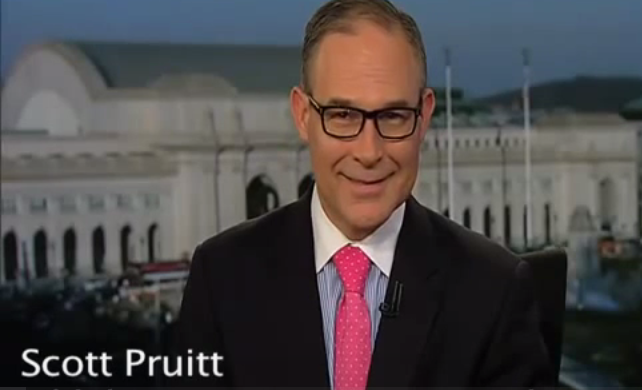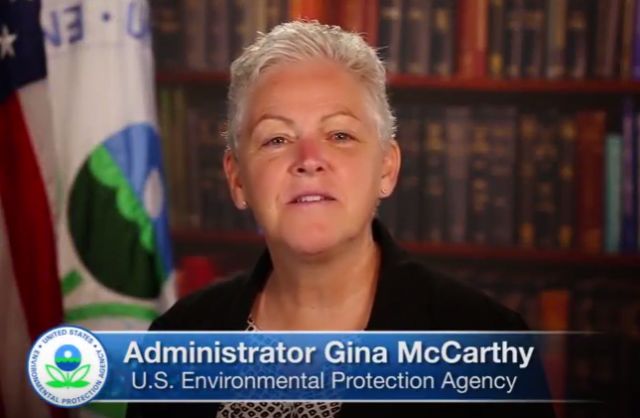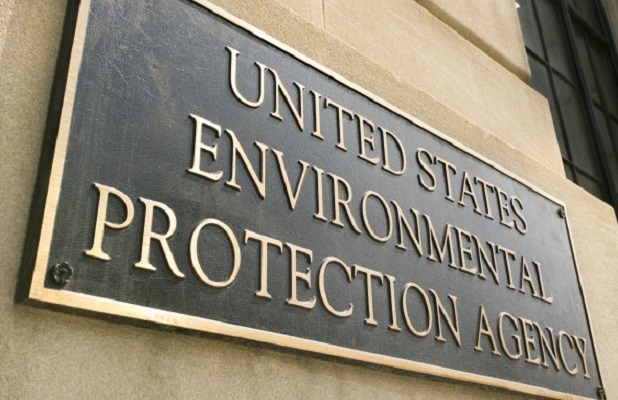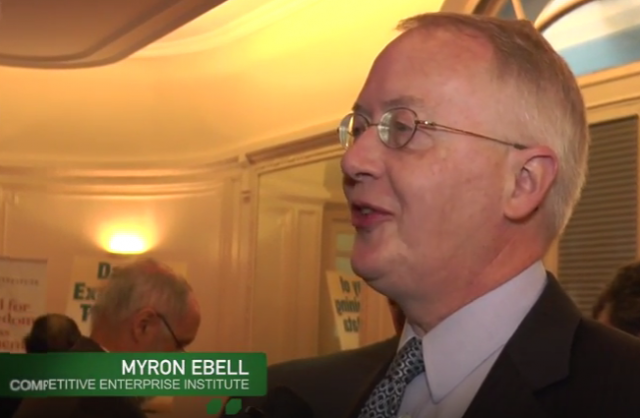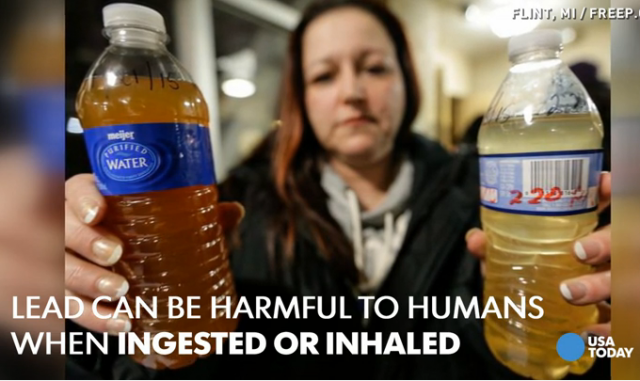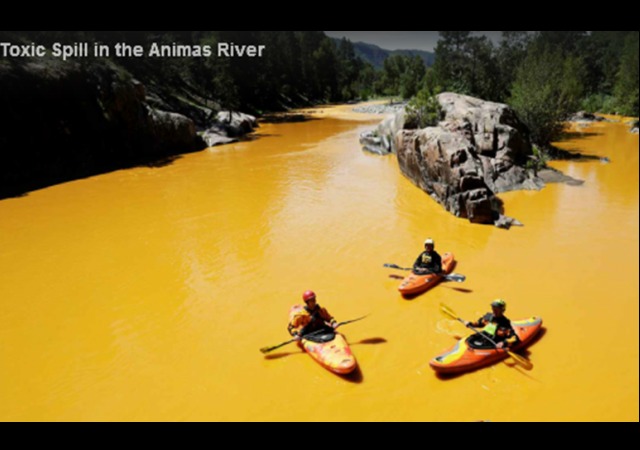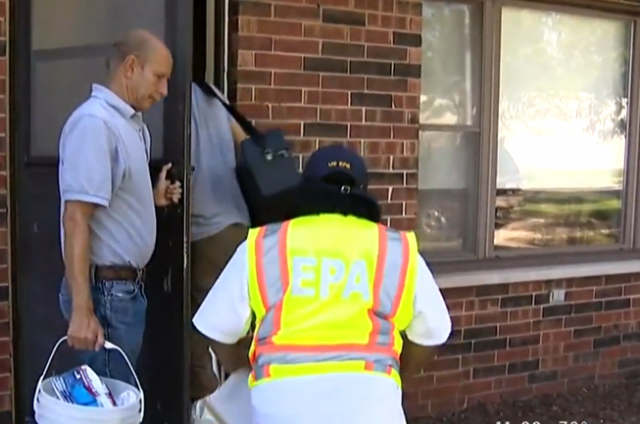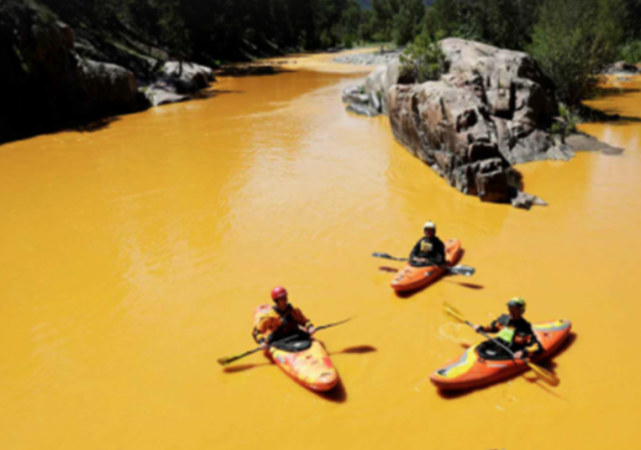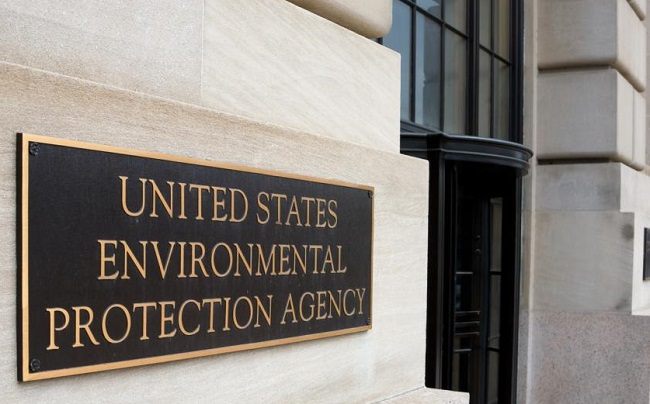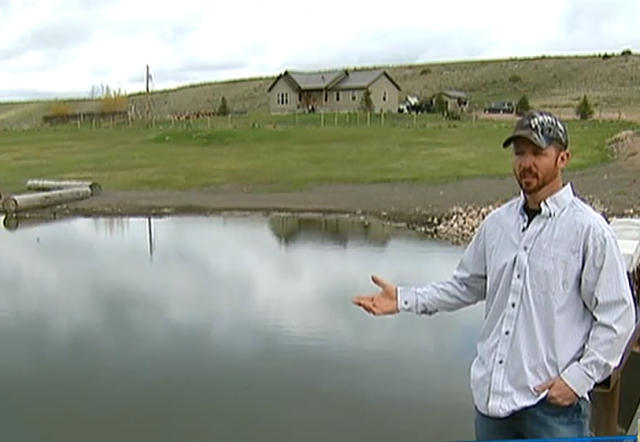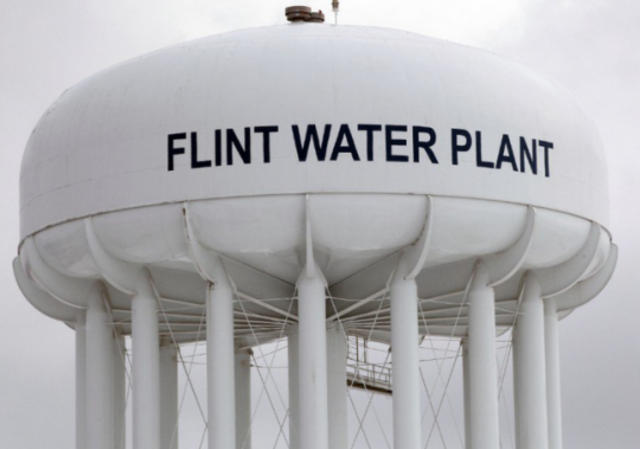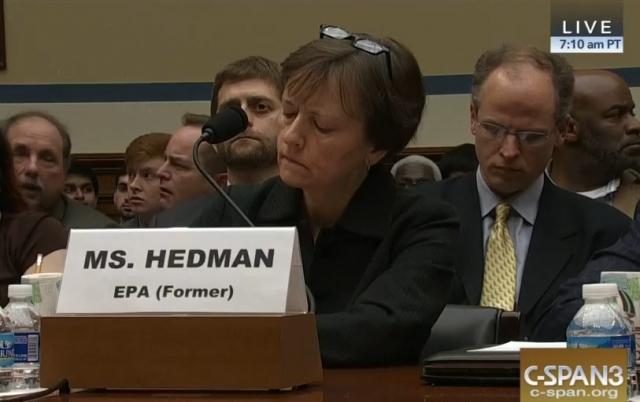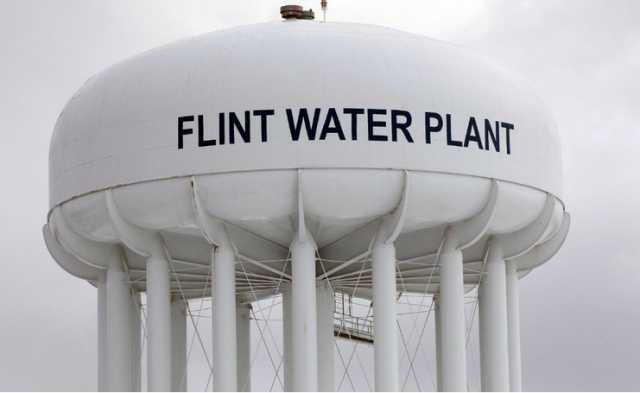Fake News Alert: “Fracking Impacts Drinking Water”
on December 14, 2016
28 Comments
The recent report issued about the relationship between fracking and drinking water is a classic example of how the elite media generates fake news, in the effort to virtue signal and get readers.
In June of last year, the Environmental Protection Agency issued a report indicating that fracking isn’t causing widespread damage to the nation’s drinking water.
The U.S. Environmental Protection Agency—after a four-year study that is the U.S. government’s most comprehensive examination of the issue to date—concluded that hydraulic fracturing, as being carried out by industry and regulated by states, isn’t having “widespread, systemic impacts on drinking water.”

